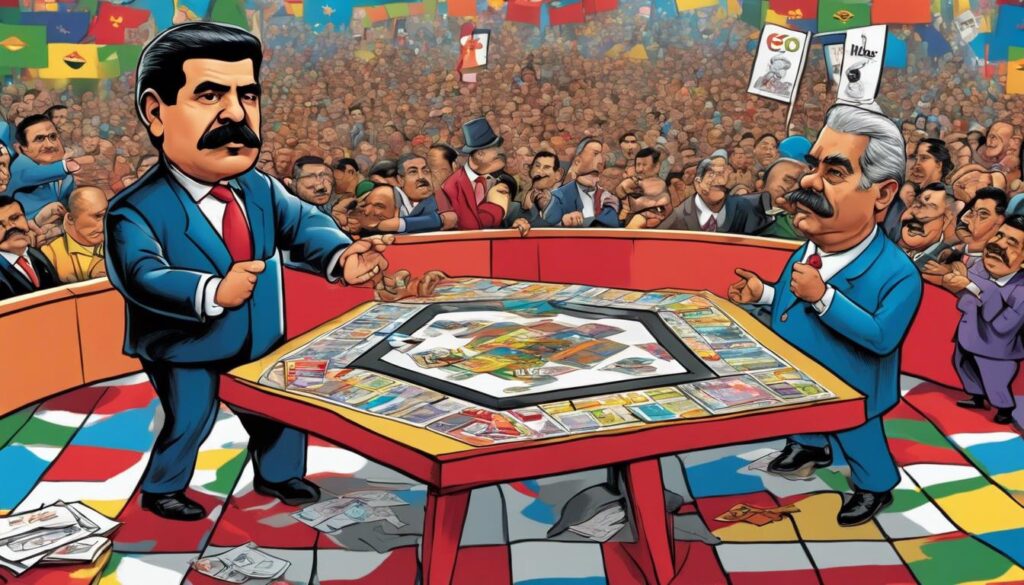International tensions rise as Venezuelan President Nicolás Maduro faces accusations of impeding opposition candidates ahead of July’s presidential election, leading to discussions of sanctions and calls for transparency.
Nicolás Maduro, Venezuela’s president since 2013, has come under scrutiny for allegedly impeding major opposition candidates as the country approaches its presidential election in July. Corina Yoris, the 80-year-old university professor chosen by the main opposition coalition after María Corina Machado was banned from contending, encountered barriers to registering her candidacy. Despite these hurdles, certain opposition figures, including Manuel Rosales, have successfully registered.
The situation has caused international uproar, with the United States considering the reimposition of sanctions on Venezuela’s crucial oil and gas sector. Additionally, seven Latin American countries, including Brazil, Colombia, Argentina, Guatemala, and Uruguay, have publicly condemned the Venezuelan government’s actions, citing concerns over electoral fairness and transparency. Brazil and Colombia, in particular, criticized the decision to bar Yoris from the election, pointing to a breach of the Barbados agreement designed to ensure equitable electoral conditions.
Maduro’s administration has responded to these criticisms by accusing Brazil and Colombia of intervening in Venezuela’s internal matters, amidst wider regional and international calls for a democratic and transparent electoral process. This tension arises against the backdrop of Venezuela’s significant economic downturn under Maduro, marked by a vast exodus of 7.7 million people driven by economic distress and escalating crime rates.
Despite claiming the mantle of “the people’s candidate,” Maduro’s popularity remains low, with polls suggesting he would likely lose in a free electoral contest to Machado. These developments continue to stir global concern for democracy and human rights within Venezuela as the election draws near.

















